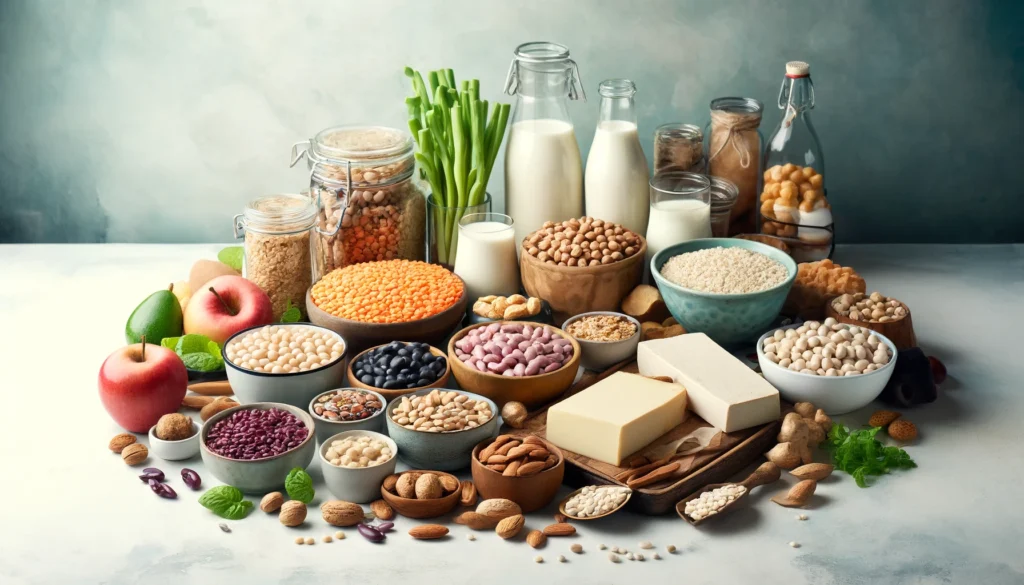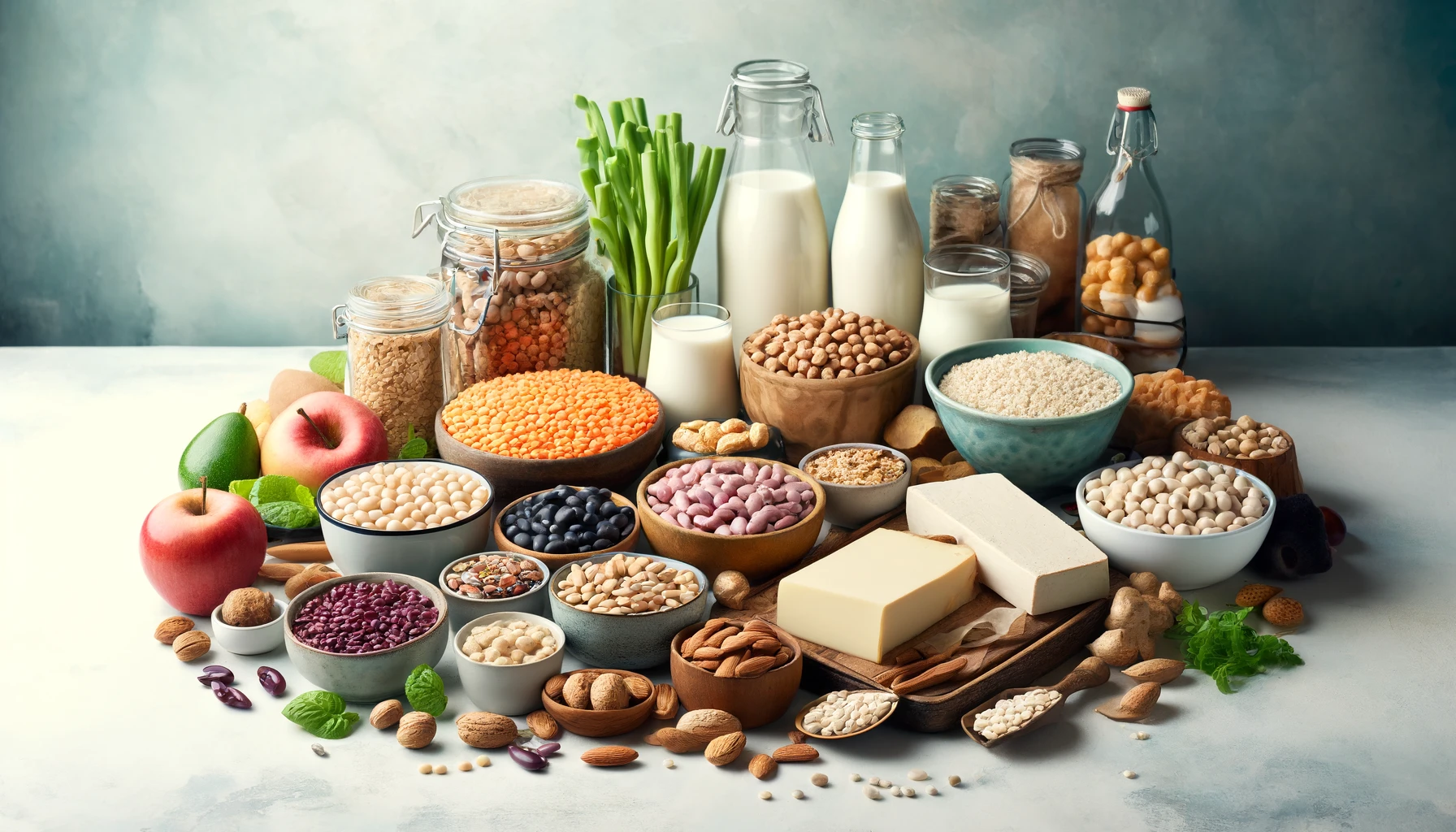Introduction Many people rely on milk for their daily protein intake, but is it always effective? Today, I want to discuss why milk may not be the best source of protein as we age and what alternatives exist for those with lactose intolerance.
What Happens As We Age? As we grow older, our bodies undergo many changes, one of which is a reduced ability to digest milk. This is due to a decline in the production of an enzyme called lactase, which is essential for breaking down lactose, the sugar found in milk. While infants produce lactase in abundance, the production significantly decreases after the age of two to four years.
Lactose Intolerance Overview Lactose intolerance is quite common, affecting over 90% of some populations. Those with this condition lack sufficient lactase enzymes to digest milk properly, leading to symptoms such as bloating, gas, and abdominal pain. Consequently, the protein in milk may not be fully absorbed by the body if it cannot properly digest lactose.
Alternative Protein Sources For those who are lactose intolerant or looking to avoid milk for other reasons, there are plenty of alternative protein sources. These include:
- Plant-based proteins: such as beans, lentils, and tofu.
- Protein shakes: especially those made with water or plant-based milks like almond, soy, or oat milk.
- Meat and fish: which are naturally lactose-free and high in protein.
- Eggs: a versatile and high-quality protein source.
Conclusion Milk is not the only source of protein available, and for many, it may not even be the best choice due to lactose intolerance. Exploring alternative protein sources can provide the necessary nutrients without the discomfort of dairy products.
Call to Action Experiment with different protein sources to find what works best for your body. Remember, the key is to consume protein that your body can easily digest and absorb.





